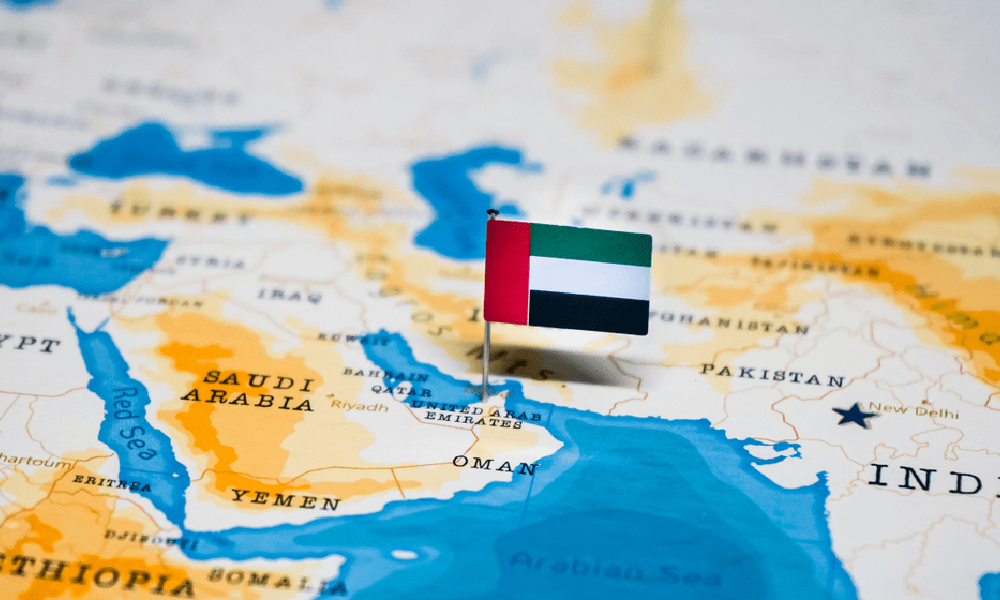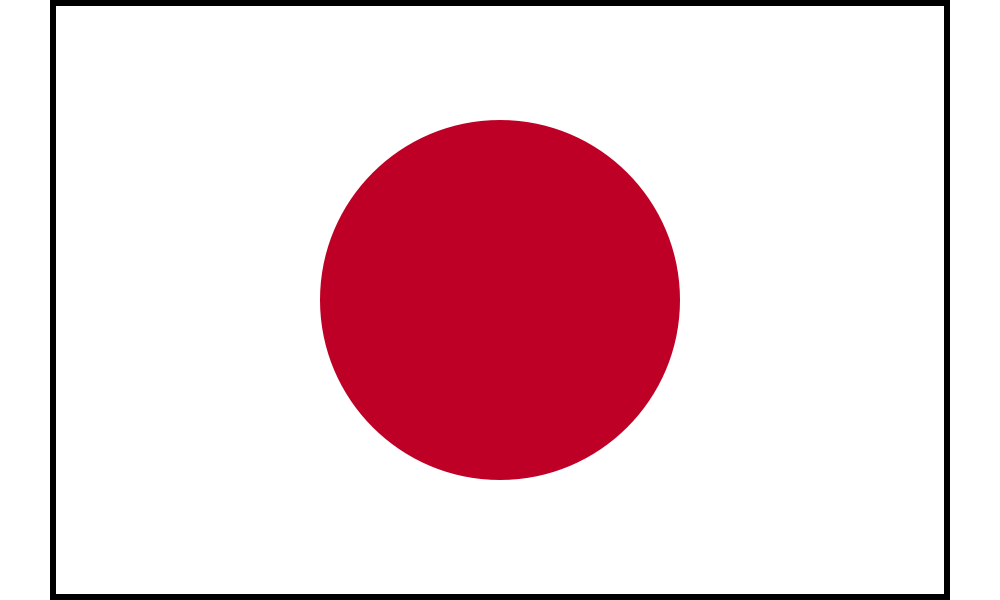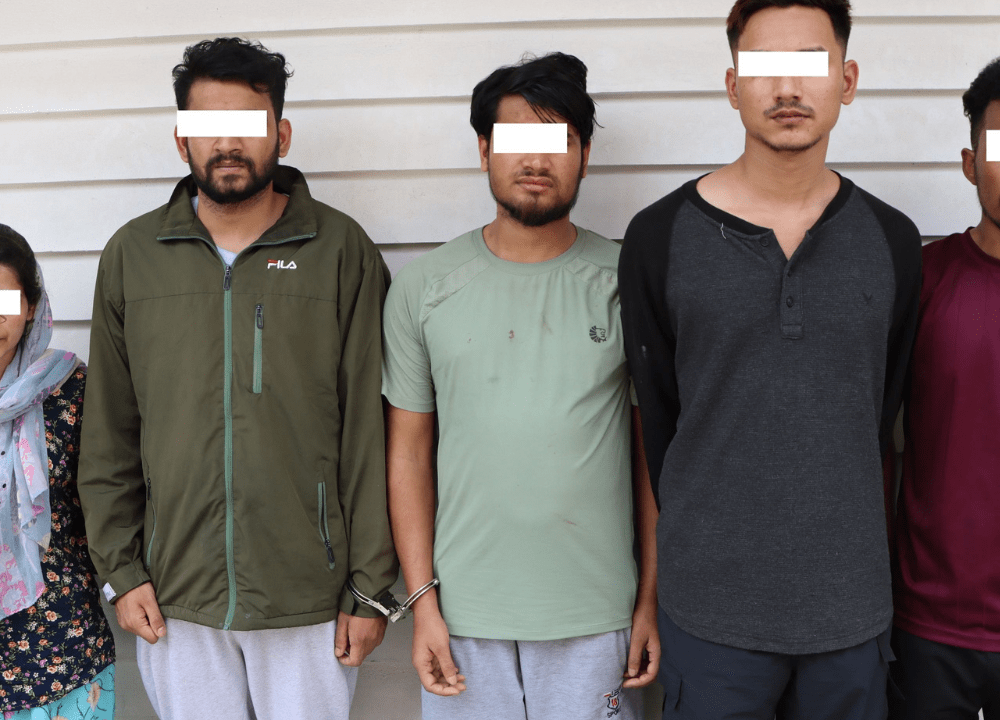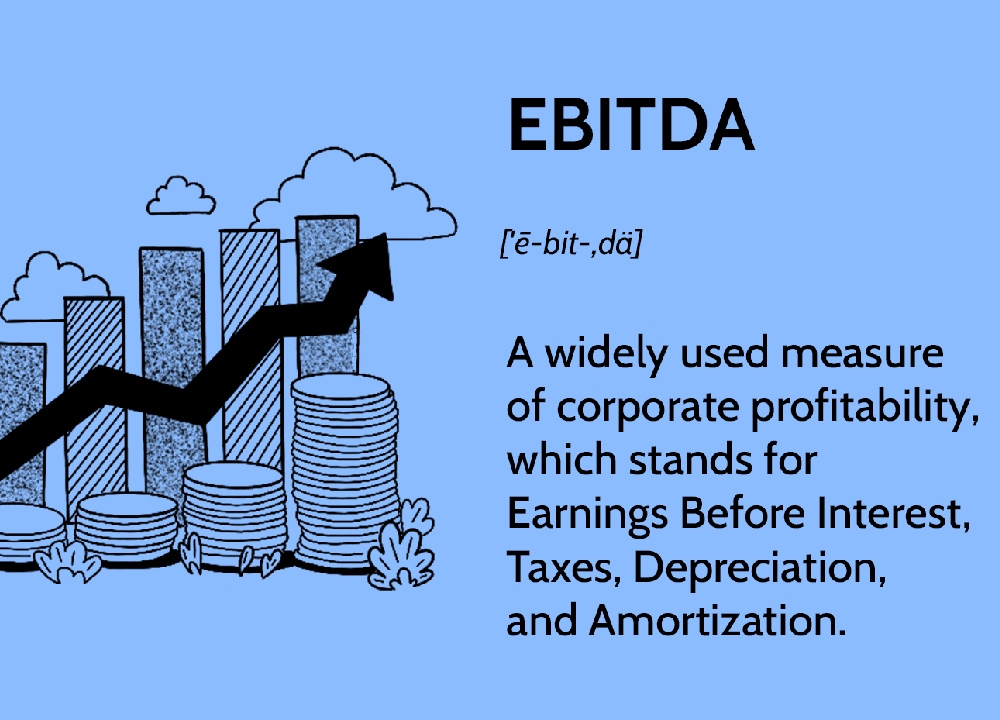In the ongoing hearing before the Federal Supreme Court (STF) to decide the constitutionality of Brazil's Law No. 14,790/2023, which legalises sports betting, the ANJL voiced its opinions on Monday (11 November).
This week, a public hearing will be held over the course of two days to examine the effects of betting in Brazil. Notable figures from the business are expected to attend. The National Confederation of Trade in Goods, Services and Tourism (CNC), the third largest trade union in Brazil, asked for the constitution's overturn of the betting provision, which led to its inception.
The union initiated a legal action known as an ADI, or Ação Direta de Inconstitucionalidade, in Brazil with the aim of defending a legislation or act that violates the constitution.
Minister Luis Fux, who is also the rapporteur of ADI 7721, stated on Monday that the STF is required to determine whether the betting law is constitutional by the middle of 2025.
"The problems that are brought up here, relating to deprived communities, the minor problems and the other serious problems that are highlighted, lead us to the idea that this resolution must be urgent," Fux said, insisting that the legislation be changed to protect vulnerable bettors.
January 1, 2025, is the scheduled debut date for the legal betting industry. The SPA, the government agency in charge of overseeing gaming, is currently awarding licenses.
ADI might affect 60,000 newly created employment in the industry, according to the ANJL.
The ANJL has issued a dire warning, stating that such a move will enhance Brazil's black market. In the first year of the legal market, it may also interrupt the creation of as many as 60,000 jobs and almost BRL4 billion (£542.3 million/€654.7 million/€695 million) in betting revenue.
In a statement made by Pietro Cardia Lorenzoni, the director of legal affairs for the ANJL, the organisation argued that the Direct Action of Unconstitutionality (ADI) would actually encourage pathological gambling and illicit gambling, which goes against its stated goal.
Law No. 14,790/2023 and Law No. 13,756/2018, which legalise sports betting in Brazil, were both opposed on 11 November by Paulo Gonet Branco, Brazil's attorney general of the republic. Branco filed an ADI, or legal rebuttal. According to the ADI, the legislation fall short of what is needed to protect constitutional assets.
Current laws are "not enough to safeguard the basic rights of product consumers and the national economy itself, given the predatory character of the online betting industry," according to the ADI.
Resurgence of anti-gambling sentiment in Brazil
Brazilian consumer goods companies have been vocal in their condemnation of the gaming industry, claiming that rising betting interest is eating into their earnings.
A highly debated and contentious study conducted by the Brazilian Society of Retail and Consumption (SBVC) revealed that among Brazilians who allocate a portion of their monthly salary to gambling, 23% had reduced their clothing spending and 11% had reduced their healthcare and prescription expenditure.
Lorenzoni denied those assertions during the first day of the STF's hearing, arguing that betting does not effect consumer spending. He stated that the influence of betting on consumer spending was "insignificant" and that it only made up about 0.23 percent of Brazil's GDP.
Again emphasising that it could benefit illicit operators, he shot down the notion of prohibiting gaming advertising.
"Regulatory gambling differs from unregulated gambling in many crucial ways," he went on to say.
Furthermore, the ANJL asserts that the protracted lag between the passage of betting laws in 2018 and their ultimate ratification by the parliament of deputies in December 2023 is to blame for the continuing problems. This, according to some, caused an explosion of illicit websites.
"The harms we are experiencing [within the betting sector] are directly caused by this scenario," Lorenzoni stated.
At least 4,000 betting sites are up and running at the moment, and some of those sites actively promote fraud and other crimes against the public economy. However, for businesses advocating for regulated gaming, such is not the case.
The rising digital usage in Brazil following COVID-19 has fuelled the grey market, which Regulus Partners estimated today (12 November) to be worth $3.4 billion.













